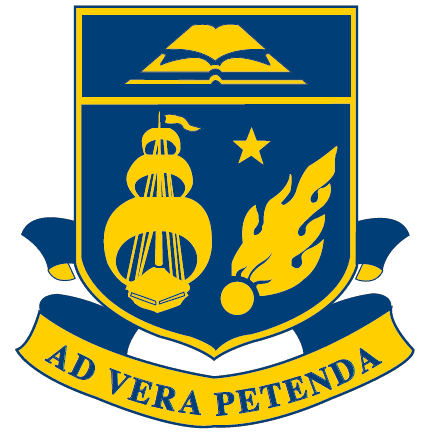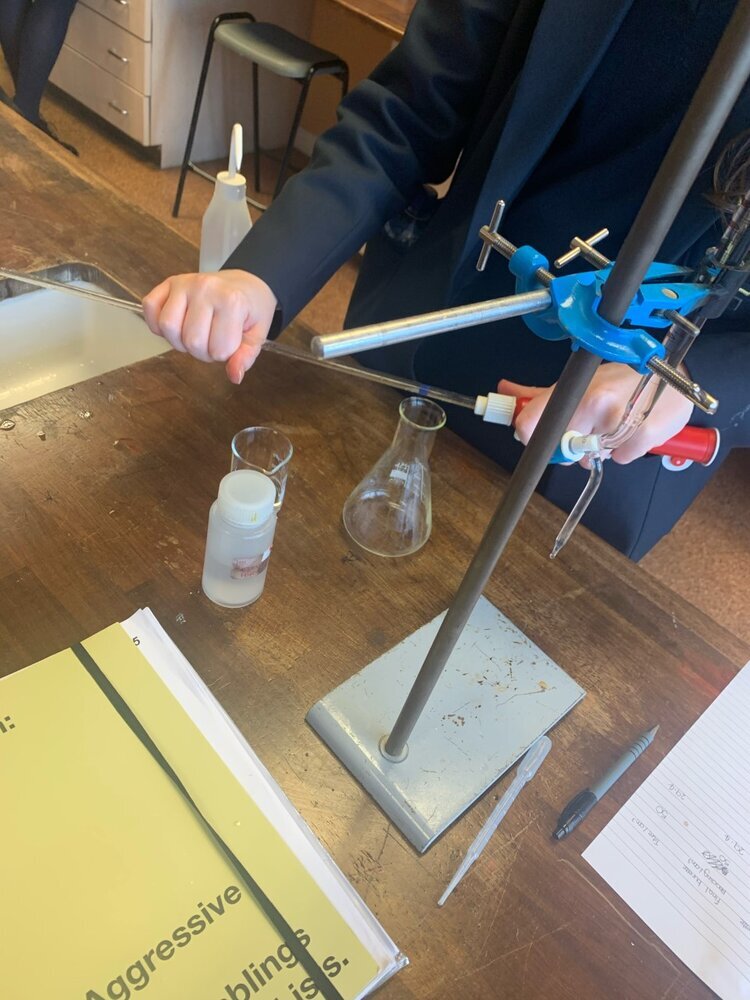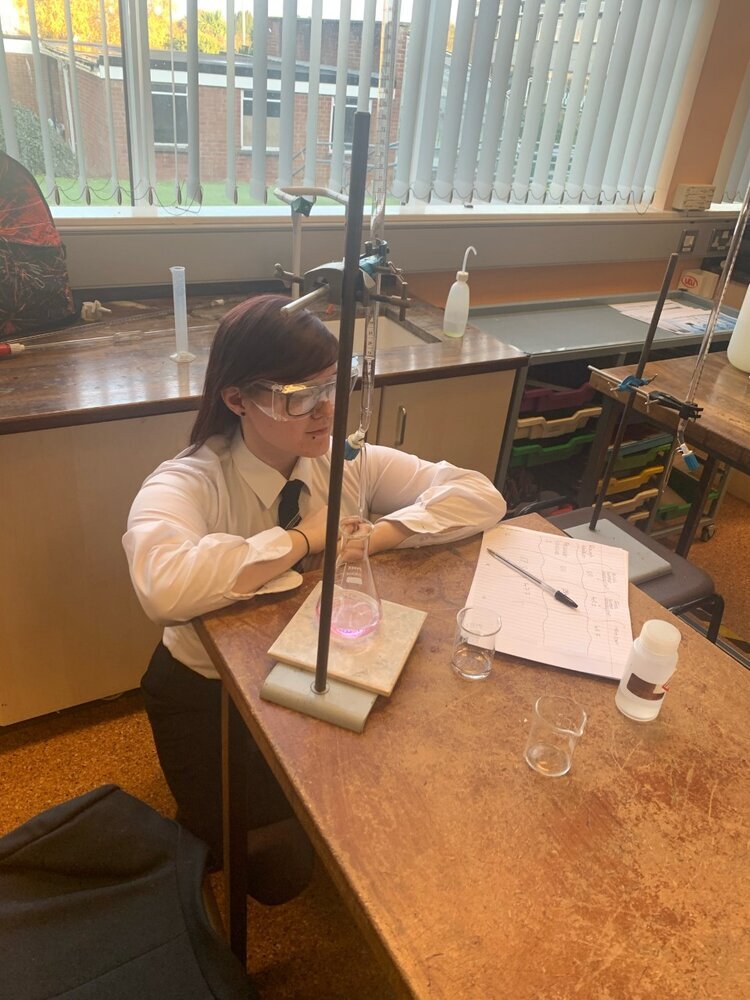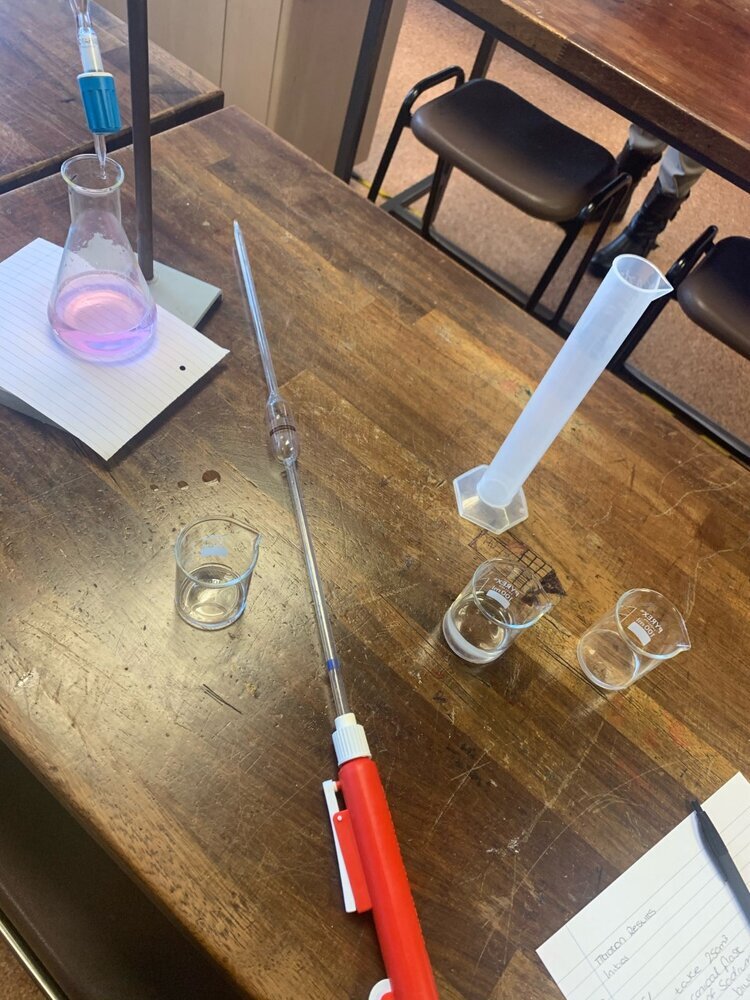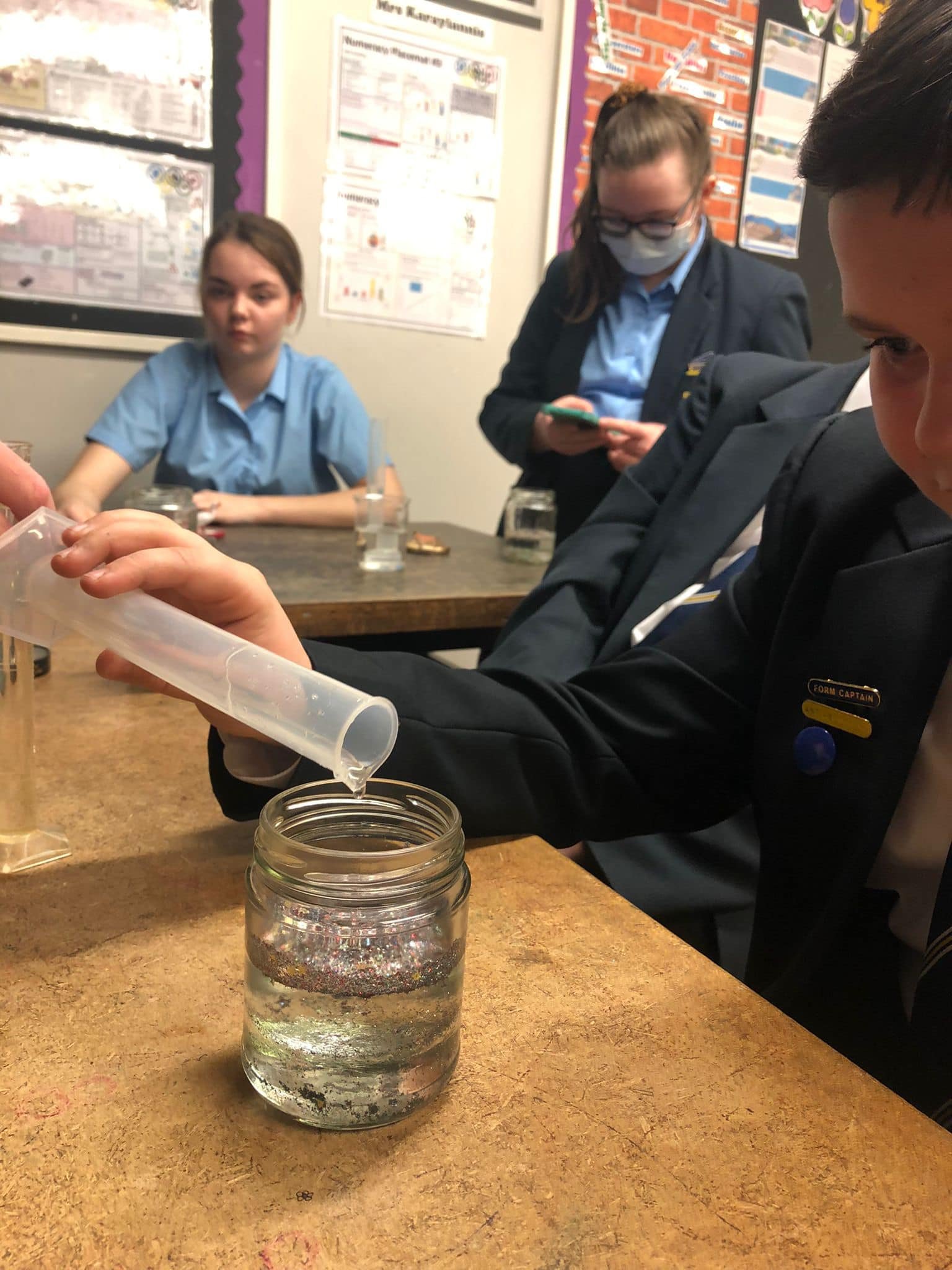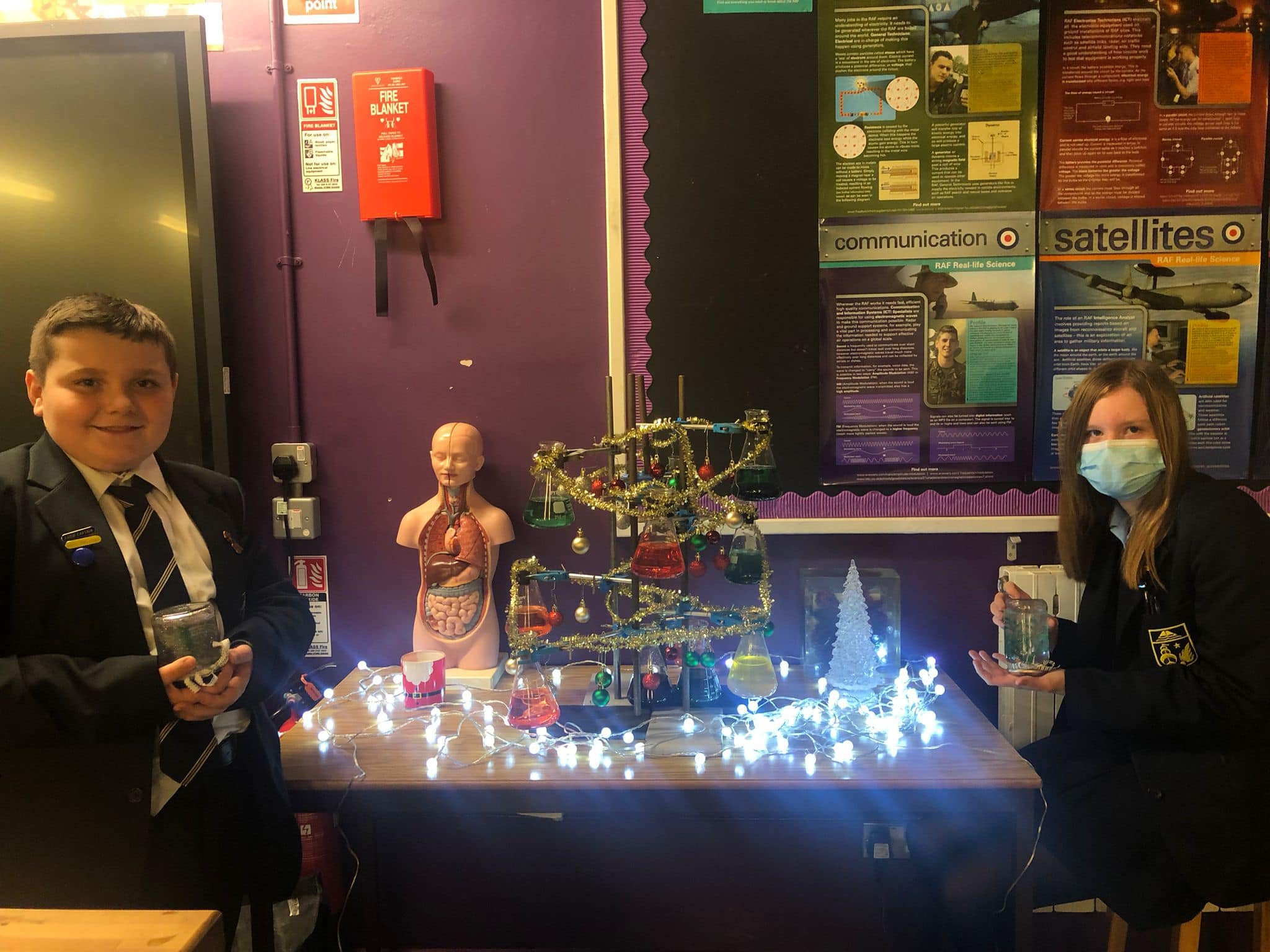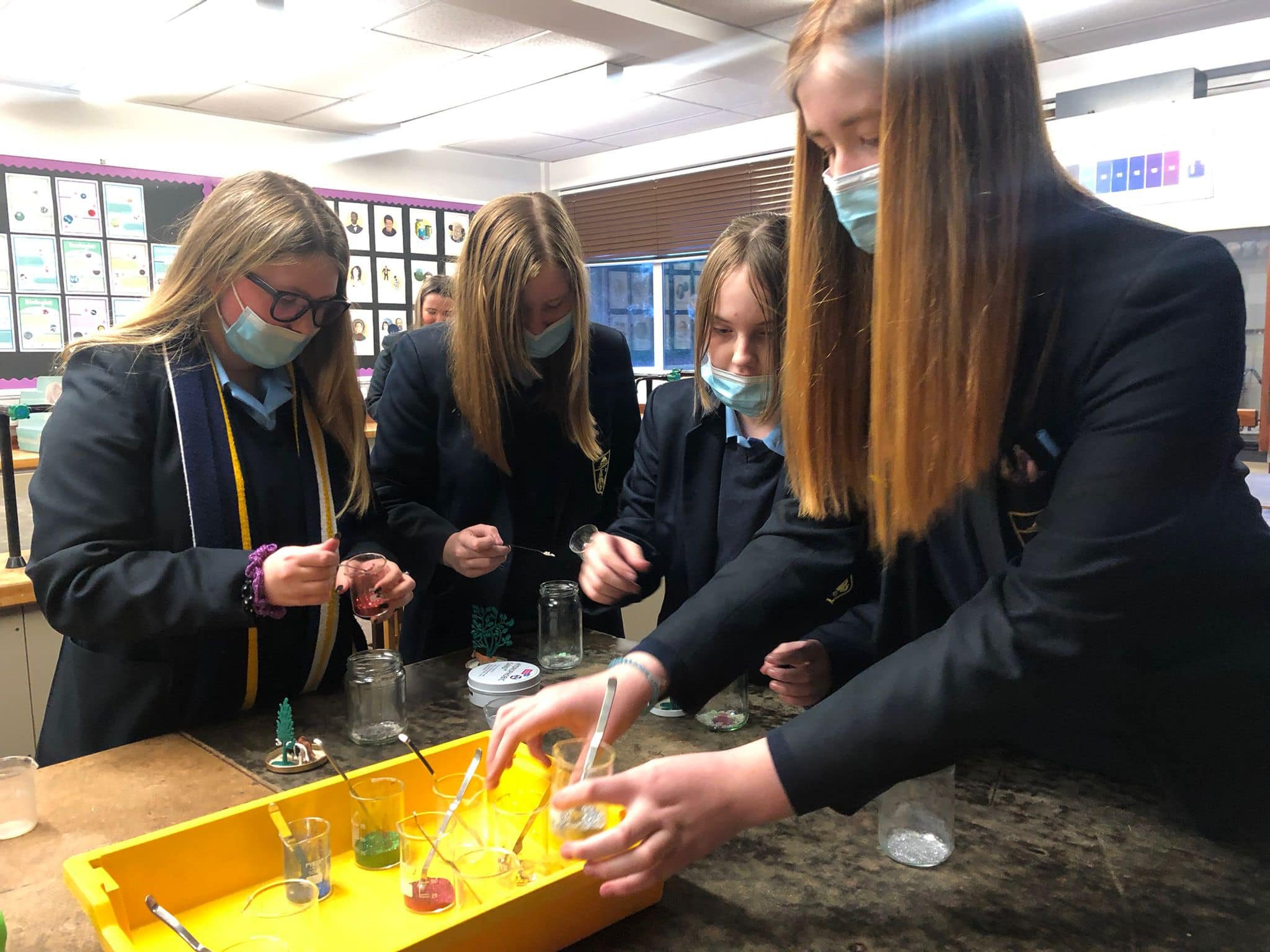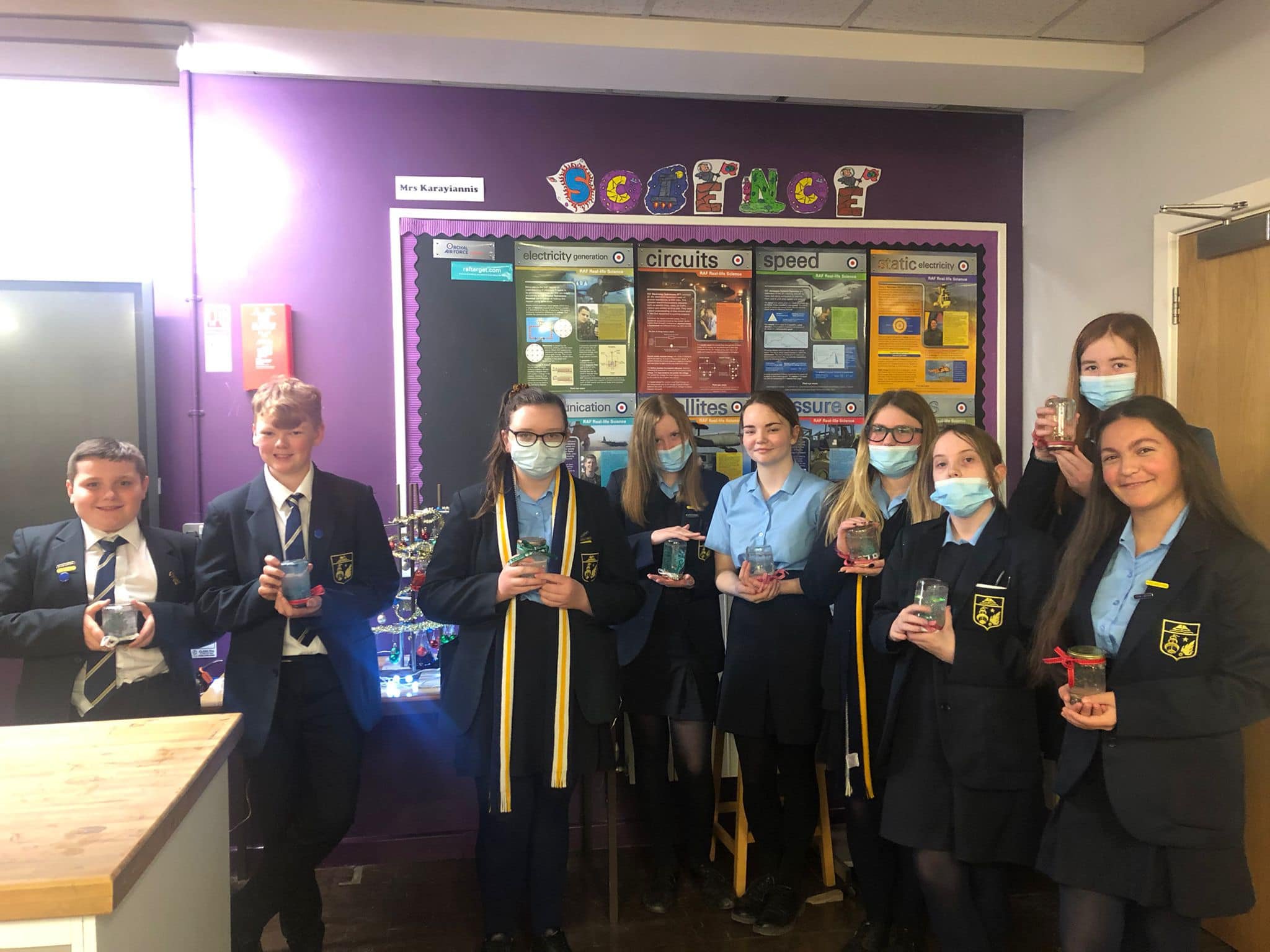Science Department
Staff in Department
Mrs J Johnston (Head of Department)
Mrs J Karayiannis
Mrs S McNamee
Mr W Guest
Miss S Livie
Mr M Agass
Miss N Dougan (Health and Social)
Miss C Dunlop (Technician)
Aims of the Department
Science is one of the core subjects studied throughout the Key Stage 3 and Key Stage 4 levels.
At Key Stage 3 pupils follow a balanced Science course designed to fulfil the Revised Curriculum in Northern Ireland.
At GCSE pupils studying for either Single Award Science, Double Award Science or OCN NI Level 2 Certificate in Applied Science.
We also offer A-level Life and Health Science and Health and Social Care BTEC in school.
Follow the Science Department on Twitter @LHS_Sci
Our vision for all pupils is as follows:
Have access to the science curriculum.
Appreciate the relevance of science to themselves, community and environment.
Have knowledge, understanding and skills required by the Northern Ireland Curriculum.
Develop positive attitudes and appreciate the contribution science makes to society and realise that applying science can lead to moral and ethical issues.
Find science enjoyable and challenging.
Understand key scientific concepts and use scientific methods of investigation to become competent problem solvers.
Have STEM (Science, Technology, Engineering, and Maths) career choices at all levels.
The department makes a wide use of both ICT and data loggers to carry out a range of investigations from Year 8 – Year 14. We also make use of the outside classroom and have visits to relevant organisations and science sites.
Key Stage Three
KS3 classes follow a diverse and interesting range of topics linked to the Northern Ireland Curriculum. In years 8, 9 and 10 the pupils follow a course that covers Biology, Chemistry and Physics, which provides a solid foundation for GCSE science in the Larne High School.
Assessment – pupils are assessed at the end of each topic.
Useful websites
BBC Bitesize is a useful website - BBC Bitesize
Key Stage Four
Aims
At KS4 pupils are offered a diverse choice of subjects that will allow them to progress to study science at KS5 and also at degree level.
Exam Board
There are three options at GCSE: Double Award (Modular) or Single Award Science (Modular). Both follow the CCEA specification. The third option is an OCN NI Level 2 Certificate in Applied Science. Students are advised by departmental staff in year 10 to aid decision-making.
Double Award GCSE
Students are taught by two teachers. They sit two modules in February and a third module in June of Year 11. Coursework is taught throughout the two year course and is assessed through a practical examination and three externally assessed papers in June of Year 12.
The specification has seven units:
Biology Unit B1: Cells,Living Processes and Biodiversity
Biology Unit B2: Body Systems, Genetics, Microorganisms and Health
Chemistry Unit C1: Structures, Trends, Chemical Reactions, Quantitative Chemistry and Analysis
Chemistry Unit C2: Further Chemical Reactions, Rates and Equilibrium, Calculations and Organic Chemistry
Physics Unit P1: Motion, Force, Moments, Energy, Density, Kinetic Theory, Radioactivity, Nuclear Fission and Fusion
Physics Unit P2: Waves, Light, Electricity, Magnetism, Electromagnetism and Space Physics
Unit 7: Practical Skills.
BBC Bitesize is a useful website - BBC Bitesize
Single Award GCSE
Students are taught by one teacher and sit the first module in February of Year 11 with the second module in November of Year 12 and third module in Year 12. Coursework is taught throughout the course and is assessed practically and by an examination unit in May of Year 12.
The specification has four units:
Unit 1: Biology
Unit 2: Chemistry
Unit 3: Physics
Unit 4: Practical Skills.
BBC Bitesize is a useful website - BBC Bitesize
CCEA http://ccea.org.uk/
OCN NI Level 2 Certificate in Applied Science
Students are taught by one teacher and are assessed by classwork and practical work completed throughout the course. There are no external exams for this qualification.
The specification has three units:
Unit 1: Life Processes and Living Things
Unit 2: Materials and their Chemical Properties
Unit 3: Physical Processes
Key Stage Five
A-Level Life and Health
Aims
At KS5 the pupils have the opportunity to study a wide range of topics within Life and Health Science GCE.
Exam Board
This course is provided by CCEA and allows pupils to progress to a variety of higher education or science career opportunities.
Topics covered over two years are:
Unit AS 1 Experimental Techniques
Unit AS 2 Human Body Systems
Unit AS 3 Aspects of Physical Chemistry in Industrial Processes
Unit A2 1 Scientific Method, Investigation, Analysis and Evaluation
Unit A2 2 Organic Chemistry
Unit A2 5 Genetics, Stem Cell Research and Cloning
Assessment is by two externally tested modules in Year 13 and a coursework unit.
In Year 14 there are also two externally assessed exam units and a coursework unit.
A-Level Biology
The CCEA GCE Biology specification gives students a deeper knowledge of the organisms that share our planet. They learn about how organisms are built, how they function and how they interact with each other and their surroundings.
Students carry out and report on practical activities that are designed to help them understand concepts and processes and demonstrate biological phenomena.
They also appreciate how society makes decisions about scientific issues and how the sciences contribute to the success of the economy and society.
The specification has six units:
· Unit AS 1: Molecules and Cells
· Unit AS 2: Organisms and Biodiversity
· Unit AS 3: Practical Skills in AS Biology
· Unit A2 1: Physiology, Co-ordination and Control, and Ecosystems
· Unit A2 2: Biochemistry, Genetics and Evolutionary Trends
· Unit A2 3: Practical Skills in Biology.
Health and Social Care BTEC
The Health & Social Care BTEC course is a popular one for pupils who wish to do further study in this area or pursue a career in the wide range of industries linked to the topic.
The aims of the subject are as follows:
- To develop a broad understanding of principles and theory underlying effective Health and Social Care.
- To prepare students for potential careers in the Health and Social Care sector.
BTEC Examination Board
Pearson Edexcel
Two units of work will be studied in both Year 13 and Year 14. For each year, one unit of work will be externally assessed and one will be internally assessed.
Year 13 units:
- Unit 1 – Human Lifespan Development (externally assessed exam)
- Unit 5 – Meeting Individual Care and Support Needs (internally assessed coursework)
Year 14 units:
- Unit 2 – Working in Health and Social Care (externally assessed exam)
- Unit 14 – Physiological Disorders & their Care (internally assessed coursework)
Extra-Curricular Information
ScienceLAB
Thursday afternoons 3-4pm
Various projects with sixth form subject champions assisting. Some previous projects include;
· Making bath-bombs.
· Rainbow Fizz
· Making an erupting volcano
· Extracting the DNA from bananas
We also have themed STEM days at Halloween and Christmas
